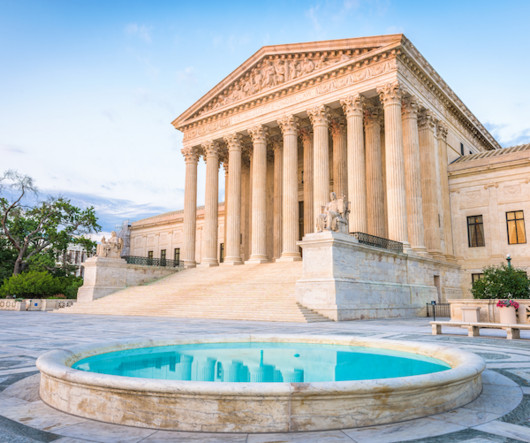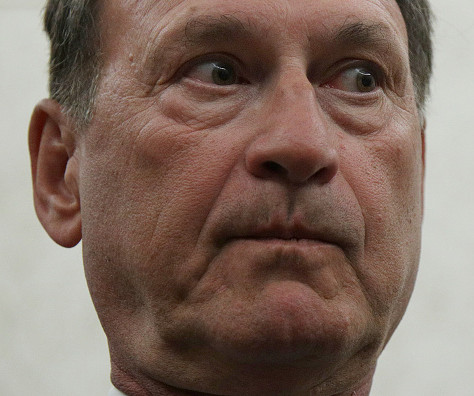Student Loan Forgiveness Program Fails to Survive Supreme Court Scrutiny
Constitutional Law Reporter
AUGUST 2, 2023
Nebraska , 600 U.S. _ (2023), the U.S. The HEROES Act allows the Secretary to ‘waive or modify’” provisions of the student aid laws, “but does not allow the Secretary to rewrite that statute to the extent of canceling $430 billion of student loan principal,” Chief Justice John Roberts wrote on behalf of the Court. In Biden v.













Let's personalize your content